
What does good teaching look like? What fuels student learning, and what hinders it. Psychological studies have illuminated the various curricula, methods, and classroom environments that make or break teaching effectiveness.
Monitoring of students' brain activity shows that "getting on the same wavelength" within groups of students and between students and their teacher is predictive of learning outcomes. Visit Page

Unlike traditional "blocked" testing, which requires students to retrieve information about a single topic, interleaved testing presents a mix of topics from various lessons in order to encourage deeper conceptual learning. Visit Page

Teachers' growth-mindset interventions may be particularly helpful for students who are struggling in the classroom. Visit Page

Six months into the COVID-19 pandemic, a new set of practices has begun to take shape in how psychological scientists teach and conduct research. Visit Page
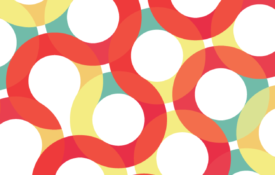
Ji Son, a professor of cognitive psychology at California State University, Los Angeles, uncovers data-based methods for helping students understand statistics more deeply. Visit Page

The pivot to online learning has sparked fresh ideas for the National Institute on the Teaching of Psychology, the annual conference dedicated to answering just that question. Visit Page
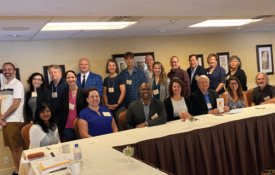
One project will compare the effectiveness of two options for asynchronous online courses: students can participate via written responses or short video responses. Another uses livestreaming from head-mounted cameras to facilitate blended lab collaboration. Visit Page

A psychological study suggests a way to keep gender stereotypes from discouraging girls' persistence in science activities. Visit Page
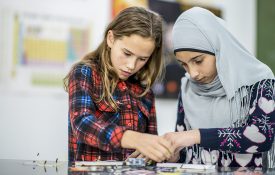
Humans' impact on the environment is one of the most pressing social issues today, and it's time to include it in psychology courses, says APS Fellow Barbara Malt. Visit Page

A scientific report emphasizes the importance of teaching phonics in establishing fundamental reading skills in early childhood. Visit Page

The second language learning literature emphasizes comprehension for language learning, but memory research suggests that producing the language is just as important for learning. Visit Page

Academia is only one option for a career as a psychological scientist. The key to finding a fulfilling career in a field such as technology, business, or a nonprofit? Identify your passions and use them Visit Page

Principals’ values are linked with aspects of school climate which are, in turn, linked with students’ own values, research shows. Visit Page

Researchers hope some new findings may eventually generate guidelines to help teachers optimally design classrooms. Visit Page
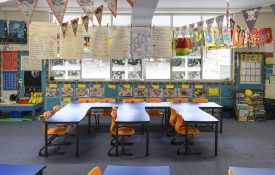
Efforts focused on increasing students' interest in STEM often take place within the classroom, but findings suggest that parents can play an important role in these efforts. Visit Page

Students who consistently receive individualized reading instruction from first through third grade become better readers than those who don’t, researchers find. Visit Page

Courses can be designed to employ active learning experiences that combat the illusions and misconceptions students bring with them to the classroom. Visit Page

Martha Escobar of Oakland University’s Cognitive Behavioral Lab is investigating the use of evidence-based approaches to promoting scientific learning in rural and low-income areas. Visit Page
Students who use hands-on approaches to test or demonstrate scientific concepts understand the concepts more deeply and score better on science tests. Visit Page
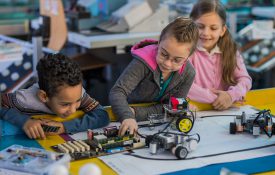
A comprehensive research report provides an evidence-based guide that parents, educators, and app designers alike can use to evaluate the quality of so-called “educational” apps. Visit Page

Whether a complement to a standard classroom environment or a cornerstone of Web-based classes, online discussion boards are becoming a staple in higher education. APS Past President Morton Ann Gernsbacher discusses how to make those discussion boards as engaging and interactive as possible. Visit Page

Black children are disproportionately disciplined in school. Results of a psychological study suggest some potential reasons. Visit Page

APS Past President Morton Ann Gernsbacher designs her online psychology courses to encourage students to engage with content more deeply than they might in traditional college classes. Visit Page
